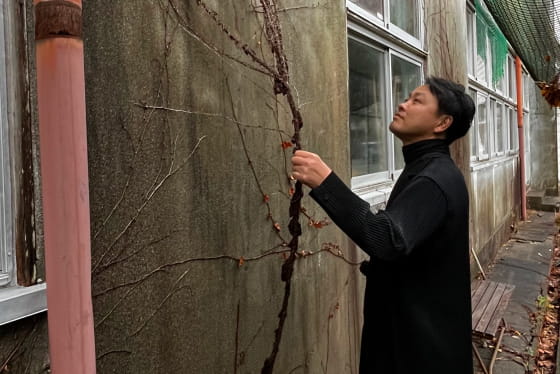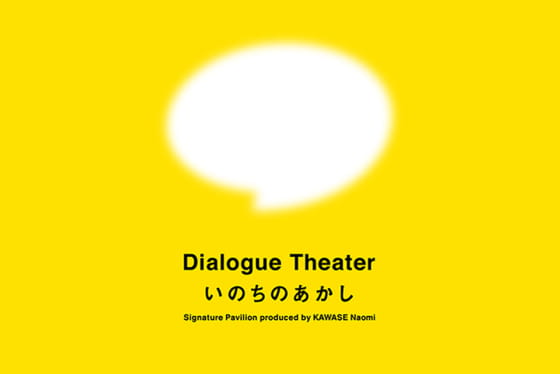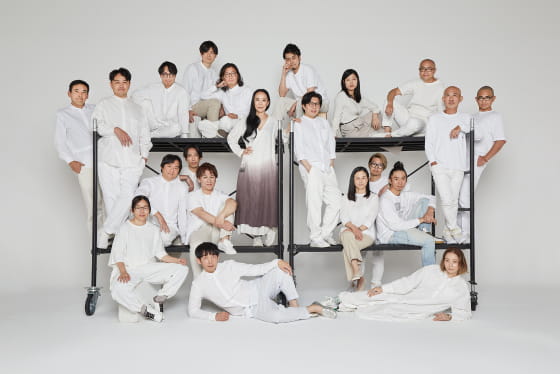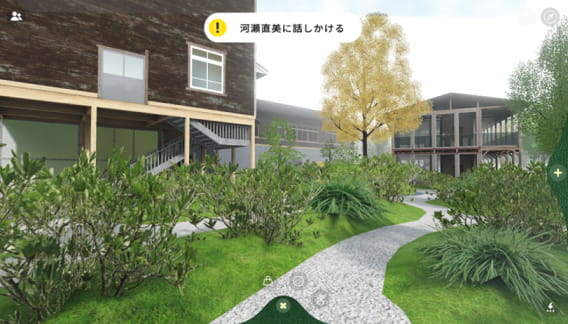
Arsalan Amiri
Iran
Arsalan Amiri is a Kurdish-Iranian filmmaker who won Critics’ Week Grand Prix and the FIPRESCI Prize at the Venice Film Festival (2021) for his debut film “Zalava”. He worked as a screenwriter and editor on the feature film “Nahid” (Dir. Ida Panahandeh), which received the Prix de l'Avenir at the Cannes Film Festival (2015).In recent years, Amiri has collaborated on acclaimed films and series as a screenwriter and editor. The most recent of which is the series "At the end of the night ", is now a candidate for awards at the 2025 Series Mania Festival.
It would be a nightmare for the five million Afghan refugees in Iran if they have no choice but to return to their homeland under Taliban rule.
For women, in particular, there is almost no hope of engaging in dialogue with the Taliban government or having their fundamental freedoms recognised.
For them, dialogue is not just a necessity to meet basic needs but a matter of survival.
This film portrays Faezeh, a woman who sees dialogue as a means to identify and pursue dreams that so many Afghan women are denied.
I hope she could become the silent voice of Afghan women.








